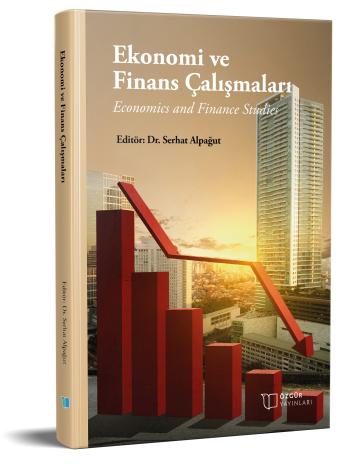
The Impact of Innovation, Foreign Direct Investments, Trade Openness, Economic Growth on Carbon Emissions in Türkiye
Şu kitabın bölümü:
Alpağut,
S.
(ed.)
2023.
Ekonomi ve Finans Çalışmaları.
Özet
The main purpose of this study is to examine the current energy economics literature in Türkiye by considering the role of innovations, foreign direct investments, economic growth and trade openness in the function of carbon emissions. In the study using 1994–2020 data, vector error correction model (VECM) and ARDL bounds test methods were used to examine the effects of innovation, trade openness, foreign direct investment, per capita GDP on CO2 emissions. Accordingly, it was concluded that trade openness and GDP per capita are among the variables affecting CO2 emissions in Türkiye. GDP per capita and trade openness affect carbon emissions positively in Türkiye. On the other hand, the relationship between FDI, innovation coefficient and CO2 emission coefficient is not significant at the 5% level. The sign of the coefficient of the predicted foreign direct investment and innovation variable is positive. In line with the findings, it primarily targets the energy consumption model, since economic growth is the primary driving force of the country's economy. Policy makers should turn to practices that encourage the use of renewable energy sources rather than the use of fossil fuels. While transitioning to renewable energy sources, R&D units in the country can be used for the development of renewable energy solutions.

